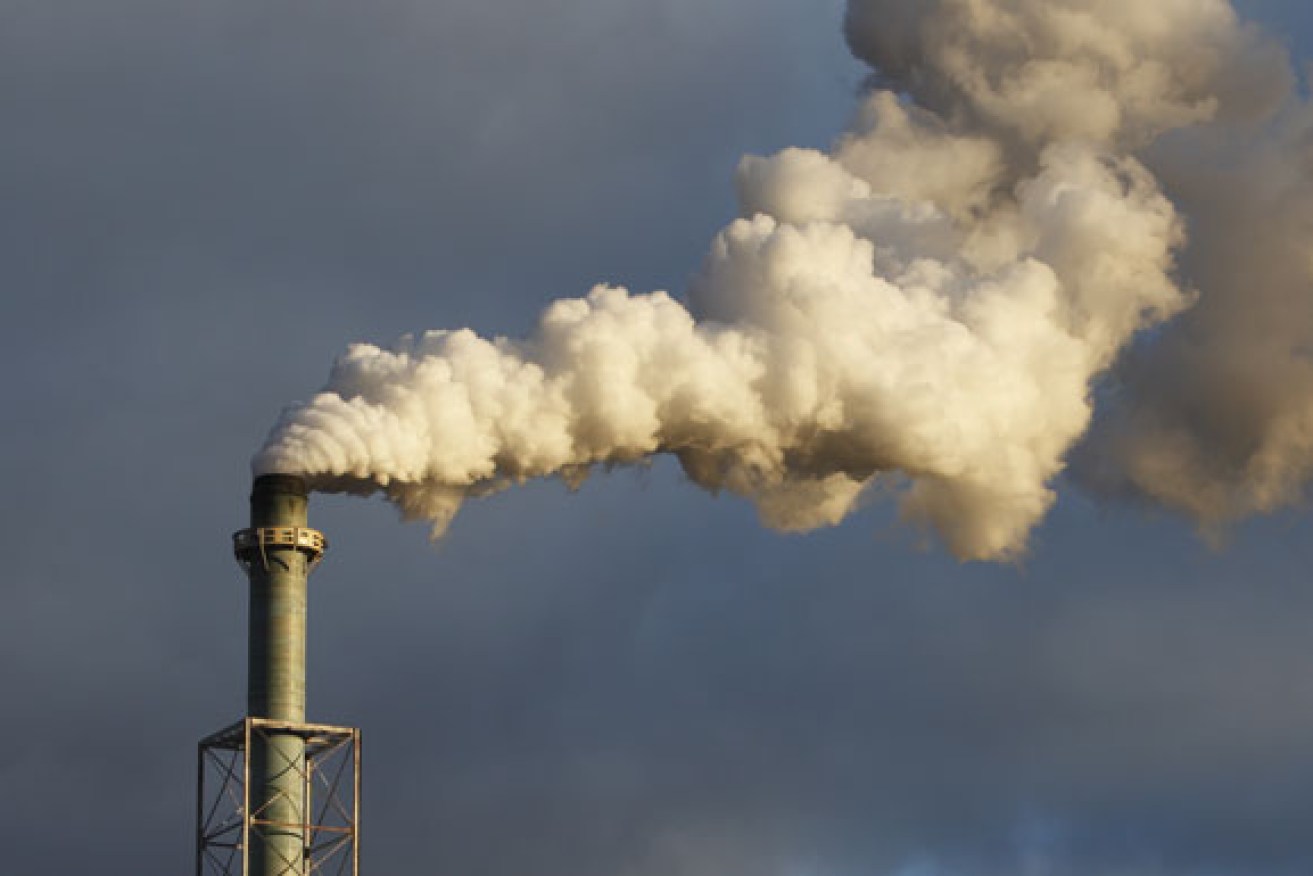UN warns of dangerous greenhouse gas levels

Shutterstock
The world’s top scientists have given their clearest warning yet of the severe and irreversible impacts of climate change.
The United Nations Intergovernmental Panel on Climate Change (IPCC) has released its synthesis report, a summary of its last three reports.
It was adopted after all-night talks that went until 5am on Saturday.
The report warns greenhouse gas levels are at their highest point in 800,000 years, with recent increases mostly due to the burning of fossil fuels.
• Lava flow skirts Hawaiian town
• Relief in sight for NSW fires
It said earth is now on a trajectory for at least 4C warming by 2100 over pre-industrial times – a recipe for worsening drought, flood, rising seas and species extinctions.
“Continued emission of greenhouse gases will cause further warming and long-lasting changes in all components of the climate system, increasing the likelihood of severe, pervasive and irreversible impacts for people and ecosystems,” the report said.
“Limiting climate change would require substantial and sustained reductions in greenhouse gas emissions which, together with adaptation, can limit climate change risks.”
One of the authors, Professor Jim Skea, said the document would be invaluable in future climate change negotiations.
“The statements are much more powerful because they’re put together,” he said.
“The inferences that you can draw are just very obvious for policymakers now and I think what the achievement is.”
IPCC vice chair Jean-Pascal van Ypersele wrote on Twitter that the report was adopted on Saturday afternoon following round-the-clock talks.
The UN Environment Program said the report “offers conclusive scientific evidence that human activities continue to cause unprecedented changes in the Earth’s climate”.
IPCC chief Rajendra Pachauri said: “The scientific case for prioritising action on climate change is clearer than ever.
“We have little time before the window of opportunity to stay within 2C of warming closes. To keep a good chance of staying below 2C, and at manageable costs, our emissions should drop by 40 to 70 per cent globally between 2010 and 2050, falling to zero or below by 2100.”
Australian oceans expert John Church was in Copenhagen to negotiate the final wording of the report.
Dr Church was the coordinating lead author of the sea levels chapter and said warming of the climate system is “unequivocal”.
“There’s many components – increasing surface temperature, melting glaciers, increasing ocean heat content, ice sheets losing mass, sea level rising,” he said.
“It’s very clear that there’s a human component that’s contributed significantly to that with rising impacts across many regions.”
The document will be an invaluable summary for climate negotiations for emission reduction targets post-2020.
Governments will meet in Peru this year as part of the United Nations Framework Convention on Climate Change annual meeting.
Targets are expected to be finalised at the 2015 negotiations in Paris, but the Peru conference will serve as an important step forward in setting the framework.
Sunday’s synthesis report encapsulated three previous volumes published over the last 13 months.
They were written by more than 800 experts, whose work then went through arduous review and commentary by outside specialists.
– with AAP








